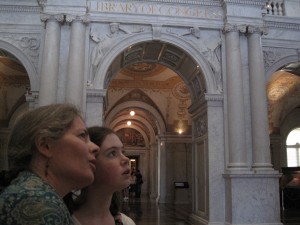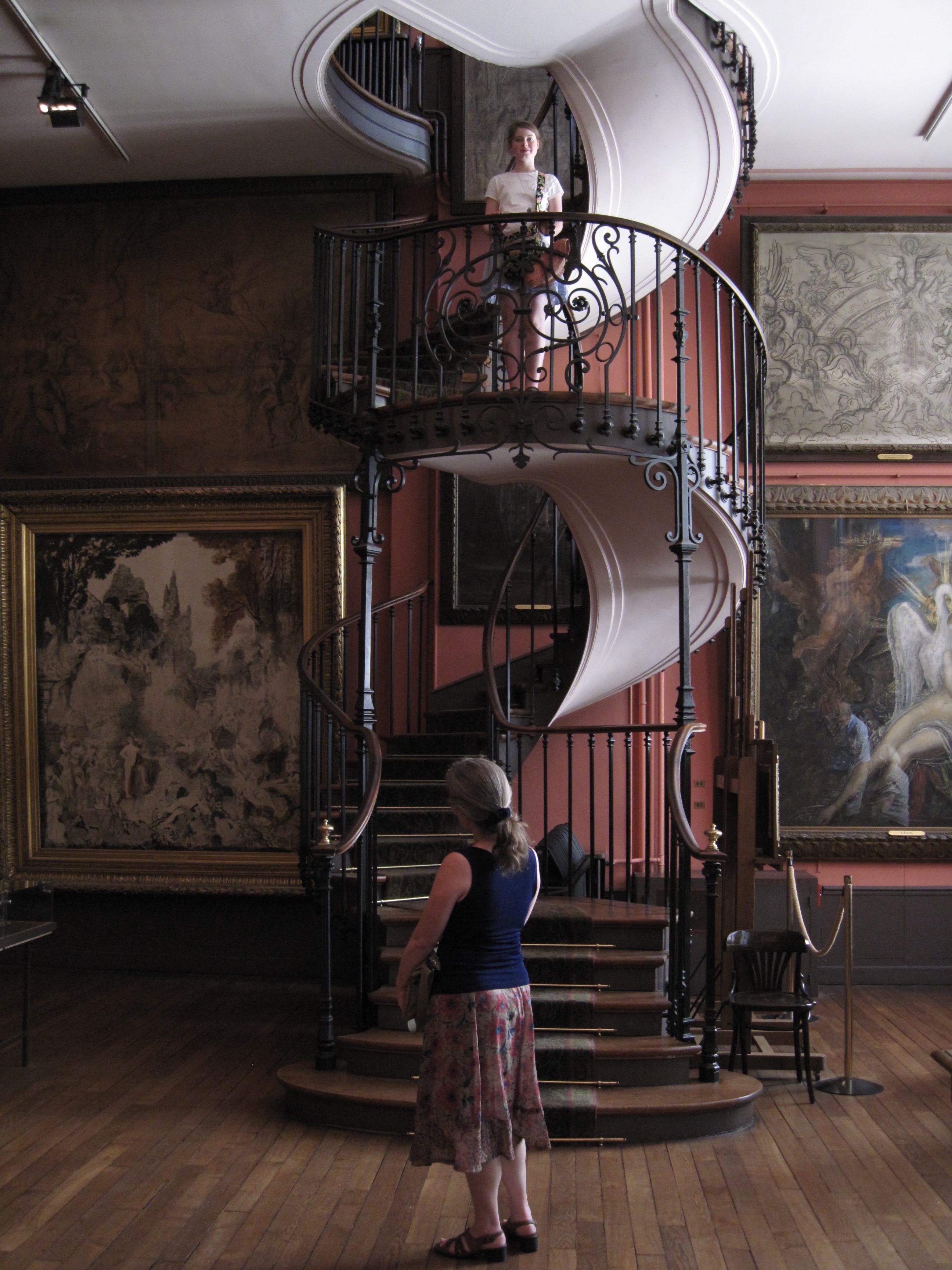“If I had an hour to solve a problem and my life depended on the solution,
I would spend the first 55 minutes determining the proper question to ask,
for once I know the proper question,
I could solve the problem in less than five minutes.”
Albert Einstein

The risk one runs when being a “question-asker” is that you might realize that the answers you thought were true, aren’t. In other words, “knowing” the answer makes people disinclined to question their answers. The world is then divided into right and wrong answers. New solutions are less likely found, because believing one is right prevents one from seeing something newly true. The thing is: the art and practice and fearlessness of asking questions must be nurtured from a young age.
I vividly remember sitting at the kitchen table doing my homework one evening when I was a fifth grader. I had run across a word that I didn’t know. I looked up across the table at my mother who was stirring a pot on the stove and asked her, “What does loquacious mean?”
“Look it up in the dictionary,” she said, without skipping a beat, the way many parents seem trained to answer.
Although I had heard her give this advice many times before, this time her answer annoyed me. I felt like saying, “Do you know how stupid it is when you say that?” But I was a ten-year-old who knew this fell under the category of “talking back,” which would cause more trouble than satisfaction. Besides, I wasn’t allowed to use the word “stupid,” which, believe it or not, was considered an impolite word. I sat there thinking about and being tempted to say what I wished, but biting my tongue instead. When I’m a mother I’m never going to tell my child to look up something in the dictionary. I will tell her what the word means because it is way more important to understand the word and keep reading than it is to stop reading and look up a dry definition in the dictionary.
True to my promise, I have never told Natalie to look up a word in the dictionary when she is in the middle of reading. That doesn’t mean I haven’t made sure she knows how to use a dictionary, which is an important skill to know. But some of our best conversations have come out of her asking me the meanings of words. I’ve often had to ask her to read the sentence with the word in it, to be able to place it in a context. That will lead me to ask a question about the story she’s reading. Sometimes I don’t know the definition and we both look up the word in the dictionary. I love it when Natalie asks me questions, because it gives us an opportunity to talk and know each other better.






2 Comments
Philip B
‘Listen with the intent to understand not to respond’ – one of my favorite quotes, and also requires the art of asking questions.
TwointheMiddle
Yes, it’s so true, listening is just as important as asking questions.